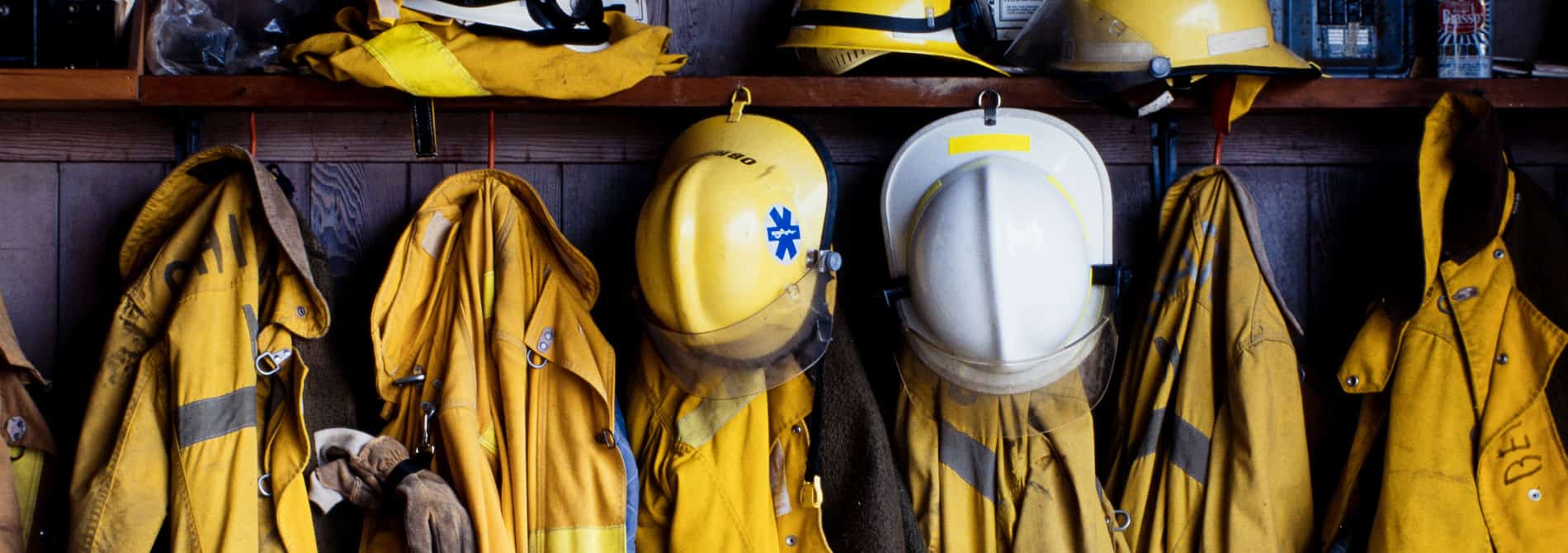As a first responder living with a substance use disorder, neglecting self-care can affect both you and the people you’re paid to serve. In fact, first responders often become so used to serving their communities in life-saving roles that they may overlook their own well-being. An integral part of that self-care comes in recognizing the role that alcohol or other substance is playing in your life and how it may be affecting your ability to handle the stressful demands of helping people in crisis, working long shifts, and facing dangerous situations—while managing your personal life. Today, let’s look at steps to substance use disorder recovery for the first responder, whether you’re working as an officer, firefighter, EMT, or paramedic.
First responders, including police officers, firefighters, EMTs, and paramedics, face some of the most difficult emergency situations of any field. Because the outcome of these emergencies is so heavily dependent on the judgment of the first responder, any decision-making affected by a substance use disorder and/or co-occurring mental health disorder can have a devastating outcome on the emergency itself and can negatively impact their career, including leading to a suspension, change of duties, or termination. Recognizing the signs of an SUD early and seeking treatment can help a first responder begin recovery and protect the career they’ve spent time and money investing in.
If you or a loved one need help, call our admissions team today at 561-841-1033.Good judgment is imperative in first responder jobs.
Good judgment is a critical skill for police officers, firefighters, EMTs, and paramedics. Your in-the-moment choices directly affect the outcome of an emergency situation or a crisis. As judgment can be influenced by many factors, including substance use, using drugs or alcohol while on the job or still having them in your system, can change how you perceive an unfolding emergency situation and alter the choices you end up making. If you discover that substance use is impairing your ability to make on-the-spot choices, it is possible that you may be struggling with the brain disease of addiction.
Compromised judgment as a first responder can be costly.
Even the most skilled first responder may find that substance use hijacks their judgment. These “errors” in judgment can be minor or major, depending on your job and the specific circumstance you’re in at any moment. It could involve property damage, losing someone already in custody, failing to follow protocol, or even worse. Substance use disorders lead to impaired judgment that can even cost lives. It’s critical to seek professional help if you notice changes in your decision-making abilities.
First responder jobs are mentally and physically demanding.
First responders truly are heroes, but they are not immune to the effects of a demanding work environment. From the fast-changing nature of duties to long shifts to the intensity level of a serious crisis, you must be mentally and physically mindful and prepared at all times and sometimes for long stretches of time. This is why self-care on the job and outside of the job are essential in building and sustaining a career.
Access to substances are common in first responder jobs.
Addiction is not a moral failing. It is a progressive medical disorder. A first responder with a substance use disorder may find access to substances on the job routinely so maintaining professional standards becomes more challenging for them. Not only could those substances be narcotics you have access to as a paramedic, for instance, you may be working within a “work hard, play hard” culture. That could look like joining your coworkers for drinks after a long shift or celebrating the retirement of a supervisor with a night of binge drinking.
Recognizing the signs of an SUD early can save careers.
You’ve spent time and money in training for this career, and you’re building it into something step by step. That’s a significant investment in your future, and one that becomes increasing difficult to protect as addiction takes hold. Frequent substance use, especially when it begins to affect you on the job, is a red flag for any first responder, and beginning treatment for an SUD and potentially for a co-occurring mental health disorder could be the difference between saving your career and having to start over in a new field.
Whether it’s you who’s living with an SUD or someone you work with, getting help immediately is essential to beginning recovery. For many first responders, the existence of both an SUD and a mental health disorder (developed on the job or before the job) means finding a facility offering co-occurring disorder treatment, also known as dual diagnosis treatment. As part of that mental health treatment, a program with trauma-informed care can be especially valuable for the first responder who experienced a traumatic event at work.
Hanley Center is a well-known care provider offering a range of treatment programs targeting the recovery from substance use, mental health issues, and beyond. Our primary mission is to provide a clear path to a life of healing and restoration. We offer renowned clinical care and have the compassion and professional expertise to guide you toward lasting recovery.
For information on our programs, call us today: 561-841-1033.




